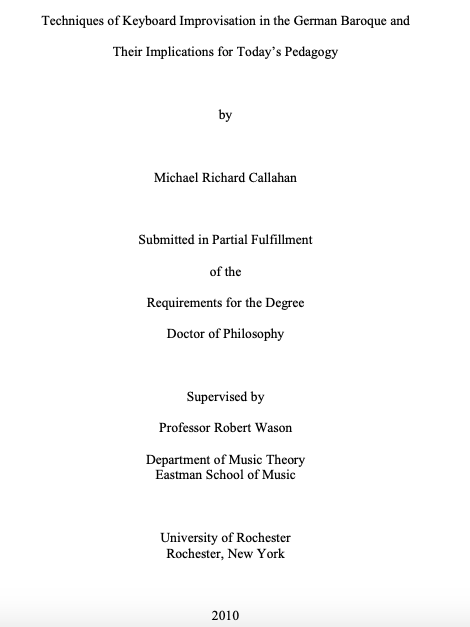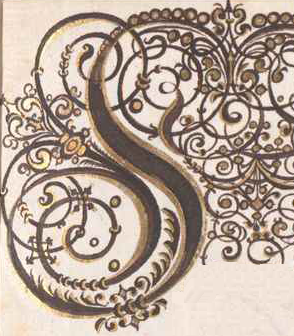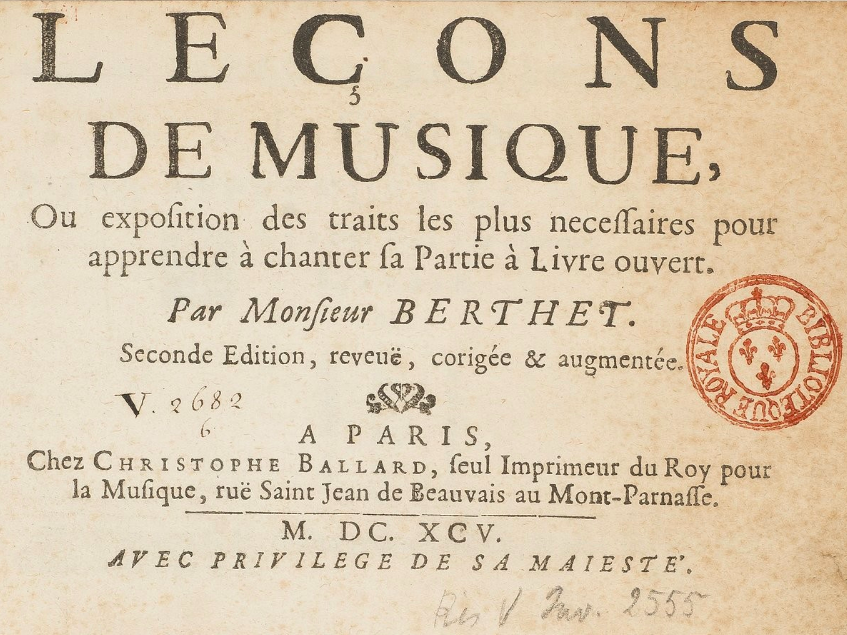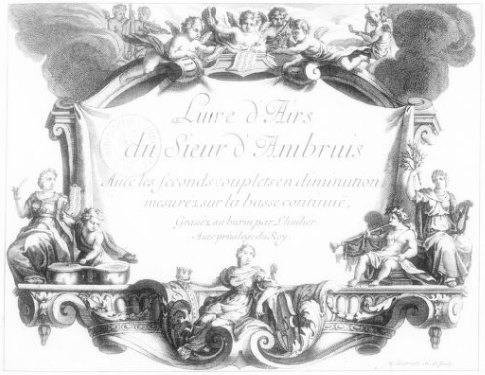Techniques of Keyboard Improvisation in the German Baroque and Their Implications for Today’s Pedagogy

Techniques of Keyboard Improvisation in the German Baroque and Their Implications for Today’s Pedagogy
This study undertakes a detailed investigation of certain trends of keyboard improvisational learning in the German Baroque. Despite the recent resurgence of interest in Baroque keyboard improvisation, there remains no sufficiently precise explanation of how improvisation can transcend the concatenation of memorized structures while still remaining pedagogically plausible. An answer is provided here in the form of a flexible and hierarchical model that draws an explicit distinction between long-range improvisational goals (dispositio), generic voice-leading progressions that accomplish these goals (elaboratio), and diminution techniques that apply motives to these progressions to yield a unique musical surface (decoratio). It demonstrates how a limited set of learned resources interact with one another during improvisation in virtually limitless ways.
Chapter 1 lays the groundwork for a discussion of improvisational memory by synthesizing cognitive accounts of expert behavior with historical accounts of memory. By narrowing our conception of memory to the precise sort demanded of a keyboard improviser, it establishes the need for a hierarchical and flexible account of improvisation. Chapter 2 responds to this need, presenting a three-tiered model and applying it to improvised pieces as well as to the Nova Instructio of Spiridione a Monte Carmelo.
Chapter 3 provides a much-needed account of the intersection between elaboratio and decoratio, complementing the to-date better codified research on the generic progressions themselves (e.g., partimenti, thoroughbass) by investigating the improvised diminution techniques that render their constituent voice-leading as a huge variety of musical surfaces. It offers the first detailed exposition of the mostly neglected, but hugely significant and highly sophisticated pedagogy of Michael Wiedeburg, which is demonstrated in sample improvisations. Chapter 4 explores imitative improvisation; it shows that the skills taught by the partimento fugue constitute part of a continuous lineage that reaches back into the Renaissance, and it investigates the improvisation of fugues without the assistance of such a shorthand. It also brings together and extends recent work on improvised canon, and elucidates the application of imitative improvisational techniques in sample improvisations.
Chapter 5 offers a potential starting point for a modern-day pedagogical approach to stylistic keyboard improvisation, beginning at the bottom of the improvisational hierarchy (i.e., decoratio) with ground basses, and working toward the top (i.e., elaboratio and then dispositio) with the improvisation of minuets. Finally, it takes an important step toward understanding variation technique creatively by teaching students to riff on existing pieces from the literature. The aim of this research is not to discuss every pedagogical tradition of keyboard improvisation in the German Baroque, but rather to establish a clear conceptual framework for understanding the learning and the application of improvisational patterns and techniques. As such, it works toward coming to grips with the pedagogy, the practice, and the products of keyboard improvisation in that time and in our own.
Features
Techniques of Keyboard Improvisation in the German Baroque and Their Implications for Today’s Pedagogy 0 reviews
Write Your ReviewThere are no reviews yet.





